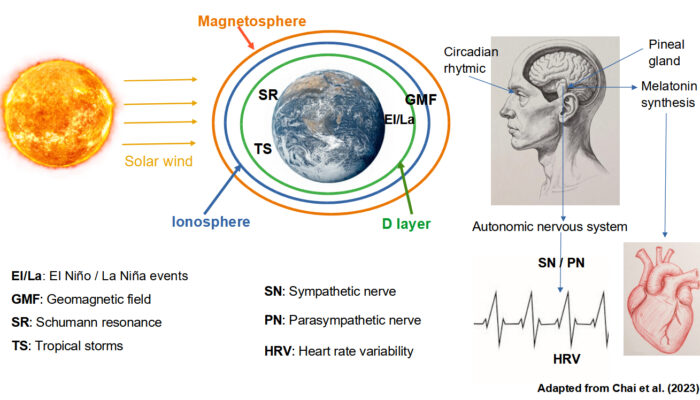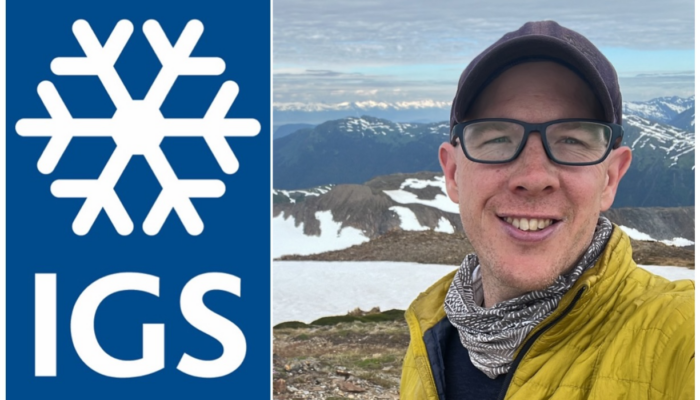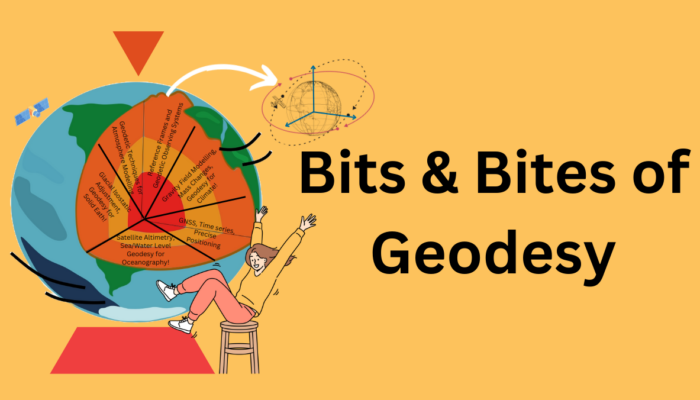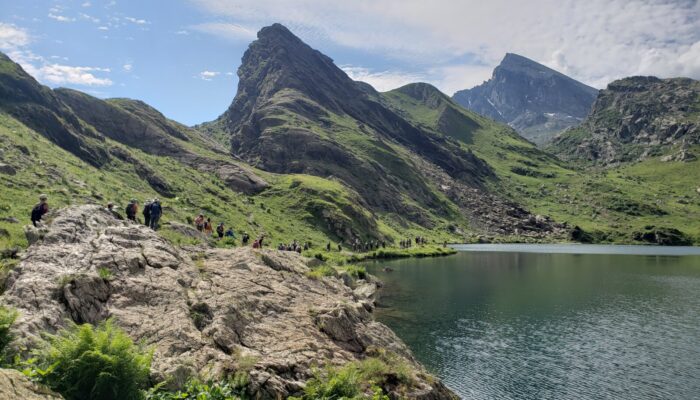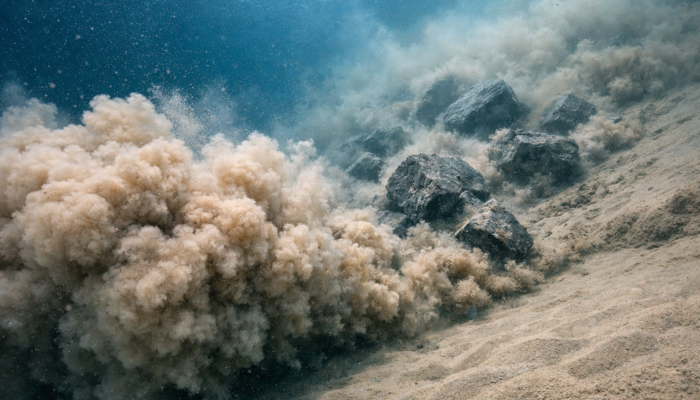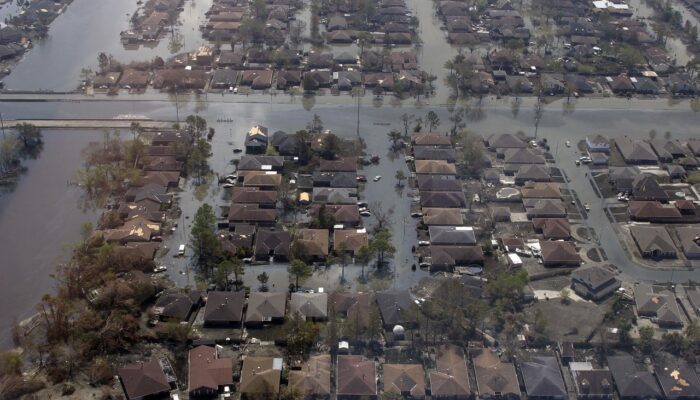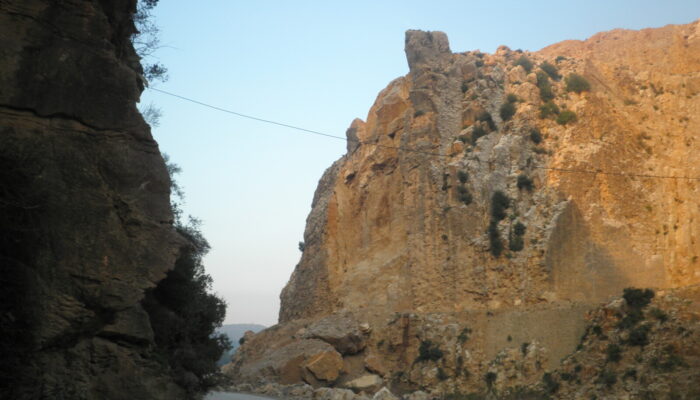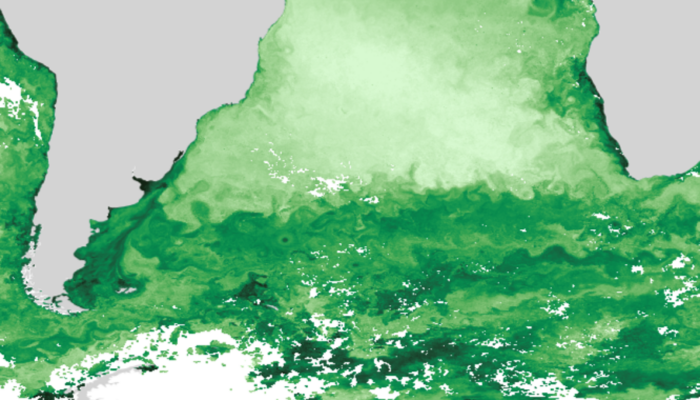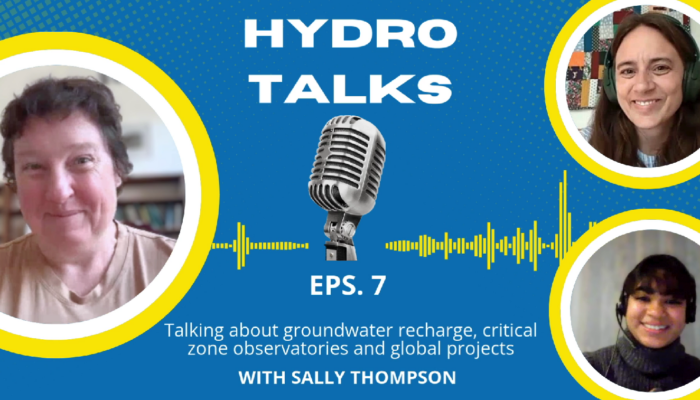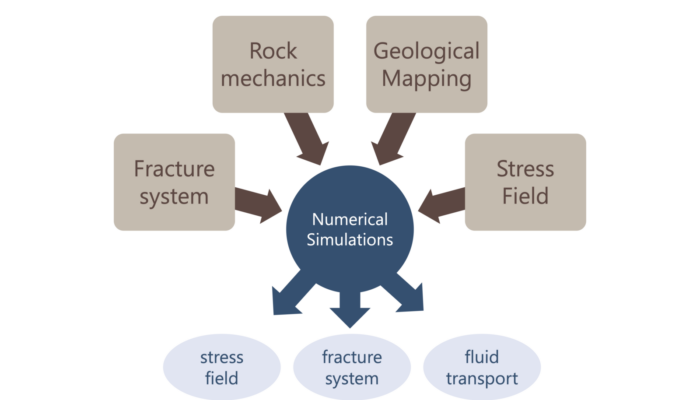1. Introduction Space weather is significantly affected by geomagnetic disturbances (GMDs) that occur during or after intense solar events such as coronal mass ejections (CMEs), which expel substantial amounts of electromagnetic particles into interplanetary space. Most of these particles collide with the magnetosphere (the outermost region of the atmosphere) where the solar wind (continuous flow ...[Read More]
Cryospheric Sciences
IGS: A Home for the Global Cryosphere
Like many glaciologists (in the broad sense – as in, cryospheric researchers, not just those who study glaciers!), my professional “home” has been the International Glaciological Society (IGS) ever since grad school; My first conference was an IGS branch meeting, I found my postdoc by networking at an IGS symposium, I have published work in IGS journals, and IGS has supported many community activi ...[Read More]
Geodesy
Bits and Bites of Geodesy – Satellite Gravimetry: Studying Earth’s water cycle from space
During winter, mountains gain mass because of snow covering the peaks. In spring, the snow melts and flows downstream until it reaches the ocean or evaporates into the atmosphere to reach back on the surface as rain or snow. The global water cycle is very complex and essential for life on our planet. Did you know we can measure how the water is distributed by measuring its mass from space? How can ...[Read More]
Geodynamics
FrenSZ workshop: a French interdisciplinary initiative around subduction zones.
Since 2022, the annual FrenSZ workshop has been bringing together a vibrant and interdisciplinary community around subduction zones in France. In this week’s blog post, we dive into how FrenSZ is organized, highlight its scientific outcomes and how it is opening new connections on the international stage. A large French community. In France, a fairly large community of Earth Scientists devote thei ...[Read More]
Stratigraphy, Sedimentology and Palaeontology
Mass Transport Deposits – The smoking gun of submarine landslides
When we think about landslides, we usually picture mountain slopes collapsing after heavy rain or earthquakes. Similar phenomena, often much larger, also occur beneath the sea along continental margins and across the deep ocean floor. Geologists refer to the deposits left behind by these collapses as Mass Transport Deposits, commonly abbreviated as MTDs. When several of these deposits form part of ...[Read More]
Climate: Past, Present & Future
Studying societal climate impacts: why is it hard and what can we do about it
Due to the rapid rise in temperatures, it started raining on the snow and ice-covered roads, prompting the regional public transport operator to suspend all bus services. The rain also resulted in icing on the overhead lines of the main railway line coming into town. Rail traffic was also temporarily suspended. Before the adjacent highway could be salted, several tens of cars were involved in a ch ...[Read More]
Natural Hazards
Same hills, different rules: why urban and rural landslides should not be considered together?
Cities are expanding faster than ever, often onto steep and unstable terrain. As urban areas grow, landslides increasingly threaten homes, roads, and critical infrastructure. To manage this risk, scientists produce landslide susceptibility maps, which estimate where landslides are most likely to occur. These maps are widely used by planners and decision-makers. But there is a quiet assumption buil ...[Read More]
Ocean Sciences
A synergy of observations: Filling the gaps in an ocean colour chlorophyll-a record
Chlorophyll-a (chl-a), as the dominant photosynthetic pigment within phytoplankton, provides an indication of the phytoplankton biomass and are essential for understanding global and regional changes in primary production in the oceans. Multiple ocean colour satellites have unlocked routine synoptical scale observations of chl-a which now extends from 1997 to the present day. Differing numbers of ...[Read More]
Hydrological Sciences
HydroTalks: Prof. Sally E. Thompson on ecohydrology, vegetation, climate change and working across continents
In episode 7 of the Hydrotalks podcast, our guest was Dr. Sally Thompson (Sally Thompson – the UWA Profiles and Research Repository). She is a Professor at the University of Western Australia, and the Co-Director of the Centre for Water and Spatial Science. Her research spans ecohydrology, surface hydrology, and Critical Zone Science, exploring how vegetation and ecosystems interact with wat ...[Read More]
Tectonics and Structural Geology
Finding Geothermal Energy with Structural Geologists!
Imagine harnessing the Earth’s natural warmth to heat our homes and generate clean electricity. That is the promise of geothermal energy. It taps into the heat from beneath the Earth’s surface, providing a consistent and low-carbon power source. Geothermal energy plays a crucial role in reducing carbon emissions because it produces very little greenhouse gas over its entire lifecycle. Studie ...[Read More]

